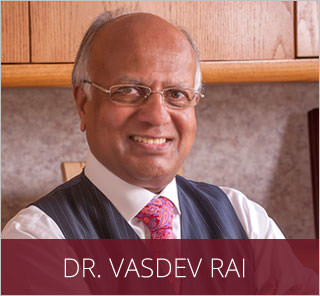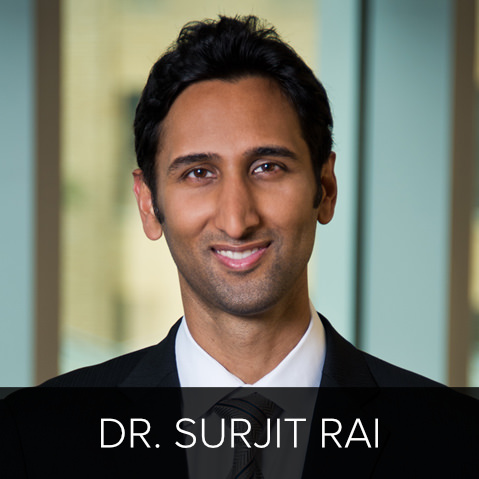Cryolipolysis™ for Fat Reduction?
In Europe and Canada, there is a device to reduce fatty tissue by freezing fat cells. In the U.S., this device is currently FDA-approved only for skin cooling, but a company called Zeltiq™ is working to get approval for fat removal. Zeltiq is based in Pleasanton, CA and operates worldwide.
How Cryolipolysis Works
Body cells respond to heat and cold at varying temperatures, depending on what type of cells they are. Fat cells have their own range where they become damaged by cold and die. Cryolipolysis, also called CoolSculpting, uses a cup-like device against the treatment area, attaching it with mild suction. The cold sides of this cup lower the temperature of fat cells while leaving other cell types unaffected.
There is some mild discomfort because of the cold but apparently after about ten minutes, it fades, probably because the area is numb with cold by then. A few days after the procedure, the treated fat cells begin to shrink in a process called apoptosis, and then are absorbed by the body and excreted by the liver. You now have an improved body contour.
Side effects are minor and related to the cold temperature of your treatment. The skin may be red for a few hours; there may be some bruising and tenderness; you may feel some tingling or reduced sensation. These are all short-term conditions.
Who is a Good Candidate for CoolSculpting?
Like liposuction, this procedure is not a way to lose weight. The best candidates are people with just small areas of unwanted fat. It has been effective for love handles and “man-boobs”, and would probably be good for the upper arms or beneath the chin. You would want to be in good general health.
Currently, the CoolSculpting device is in clinical trials with the goal of producing enough quantifiable data to succeed in a commercial launch in the U.S.
At The Cosmetic Surgical Center, we offer Ultrasonic Liposuction as well as traditional tumescent liposuction, both of which can recontour the body with dramatic and pleasing results.
If you would like to schedule a free consultation with Dr. Rai, please contact our Dallas, Texas office today.
Dr. Vasdev Rai
 Dr. Vasdev Rai has performed more than 25,000 cosmetic surgeries over his more than 30 years in practice as a Dallas plastic surgeon. He is a board-certified plastic surgeon who was first certified by the American Board of Plastic Surgery in 1983. Learn More...
Dr. Vasdev Rai has performed more than 25,000 cosmetic surgeries over his more than 30 years in practice as a Dallas plastic surgeon. He is a board-certified plastic surgeon who was first certified by the American Board of Plastic Surgery in 1983. Learn More...
Dr. Surjit Rai
 Dr. Surjit Rai was born and raised in Plano, Texas. Being the son of a plastic surgeon, Dr. Rai had the unique opportunity to see first-hand the impact a plastic surgeon can have. He knew at a young age that he would dedicate his life and academic career towards the goal of becoming a plastic surgeon. Learn More...
Dr. Surjit Rai was born and raised in Plano, Texas. Being the son of a plastic surgeon, Dr. Rai had the unique opportunity to see first-hand the impact a plastic surgeon can have. He knew at a young age that he would dedicate his life and academic career towards the goal of becoming a plastic surgeon. Learn More...
